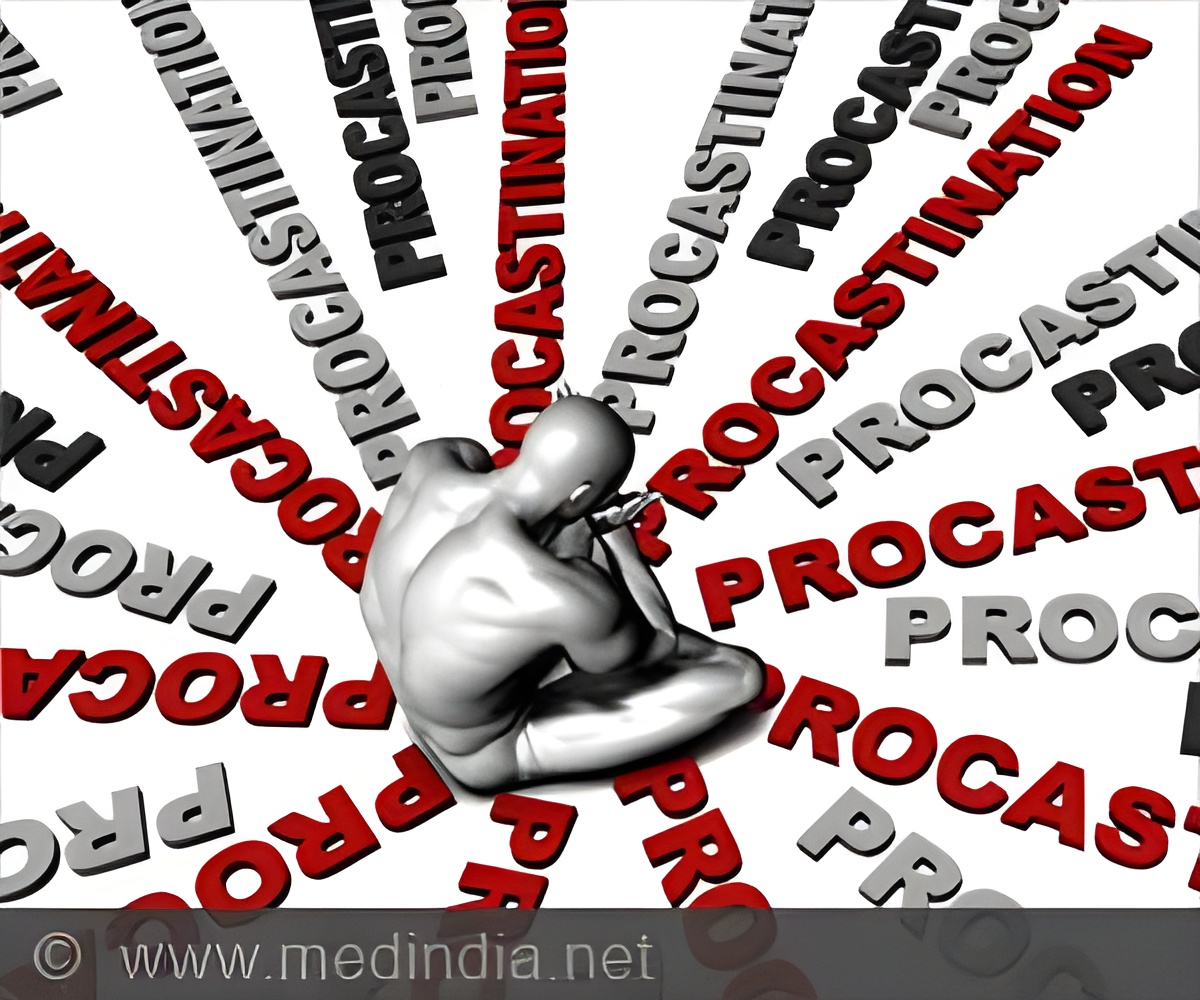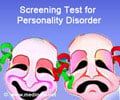Explore how negative valence weighting bias contributes to procrastination and discover techniques for overcoming this psychological hurdle.

Do I want to do this now? Task delay as a function of valence weighting bias
Go to source) uses the term "valence weighting bias" to describe this tendency. It means people are wired to rely more on either positive or negative emotions when making choices. In the case of unpleasant tasks, those with negative biases are more likely to let those negative feelings win, leading to procrastination.
Combat Procrastination: The Impact of Negative Attitudes
“And the question is, which wins that battle – if, indeed, there are elements of both positivity and negativity?” said Russell Fazio, senior author and professor of psychology at The Ohio State University.‘Did you know? Negative attitudes based on valence weighting bias can cause procrastination. #valenceweightingbias #procrastination #negativeattitude #mentalhealth #medindia’





In a series of studies, Fazio and first author Javier Granados Samayoa, a former Ohio State graduate student, found links between a more negative-leaning attitude and procrastination. They also found it’s possible to shift the weighting bias of strong procrastinators toward neutrality and reverse their tendency to delay a task. “We’re looking at this consideration of the positives and negatives that exist when people are making decisions, and how valence weighting bias shapes which route people take,” Granados Samayoa said.
The first of three studies tested a real-world scenario: preparing a federal tax return. “The idea is that people, at least for a brief moment, are asking the question, ‘Do I want to do this now?’” Fazio said. “And there really are both positive and negative signals: ‘I certainly don’t want to do that. It’s an aversive task.’ That’s the negative signal. But then there’s also a positive signal: ‘I’ve got to get it done and I’ll feel good if I do it right.’”
A sample of 232 participants reported whether they routinely filed returns early or late during tax season. With that data in hand, Fazio and Granados Samayoa used a research tool to gauge the extent to which participants weighed positive or negative signals more strongly when encountering something new.
Did You Know?
Chronic negative thinking is linked to stress, which can affect mental well-being and even increase the risk of metabolic diseases.
Understanding Procrastination: The Role of Valence Weighting
The second study involved 147 college students in a program allowing them to accumulate course credit in exchange for participating in research.Advertisement
Results showed the combination of negative weighting bias and self-reported low motivation or emotional energy for effective self-control was linked to students putting off research program participation by getting started later in the semester.
Advertisement
Study three was designed to look for a causal effect of valence weighting bias in completing or delaying a task. Students in the research-for-credit program who were self-reported procrastinators and who scored high for negative weighting bias were recruited for the study.
Researchers then manipulated the valence weighting bias tool for one group in a way that led participants to weigh positive and negative signals in a more balanced way. This shift toward neutrality changed students’ behavior: They accumulated credit hours more quickly than the control group, whose negative weighting bias and low self-control reliably predicted their delay in securing extra credit.
Negative weighting bias can have a positive effect on behavior, too. These researchers have also found evidence that a negative weighting bias may help people be more realistic when they’re asking themselves, for example, “Have I studied enough for this test?” A positive weighting bias may lead people to convince themselves they’re ready when they’re not.
“It’s better to be more objectively balanced than to be at either extreme,” Fazio said. “But the situation where a particular valence weighting bias is likely to be problematic is going to vary.”
Reference:
- Do I want to do this now? Task delay as a function of valence weighting bias - (https://www.sciencedirect.com/science/article/abs/pii/S0191886923004270)
Source-Newswise









